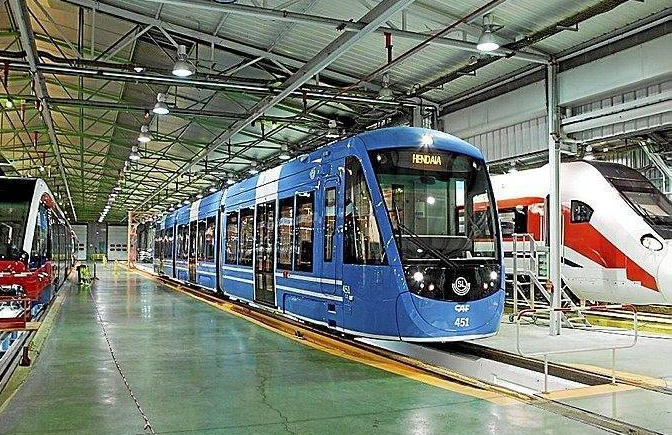The Spanish rail equipment manufacturer CAF (Construcciones y Auxiliar de Ferrocarriles) has announced that it will not participate in an Israeli tender to build a section of the railway in occupied East Jerusalem as such actions would make the company complicit in violations of international law. The management of the railway firm made this decision following demands to this effect made by representatives of the company’s workers.
A number of other rail manufacturing companies have similarly refused to participate in the international tender opened by Israel to build and operate Jerusalem’s second light rail line, as they are fearful of arousing political opposition since the planned “Green [Light Rail] Line” will run into parts of the city occupied by Israel during the June 1967 War.
The proposed “Green Line,” a project that could cost as much as 5 billion shekels ($1.4 billion) and extend along a 22 kilometers route, has proved to be politically problematic for Israel as it is planned to reaches Mount Scopus in the north and Gilo in the south, both within territory occupied by Israel in 1967.
CAF, the most important Spanish company manufacturing railway equipment, said it “refuses to build a section of the railway in Jerusalem because the Israeli government included in the section a Palestinian land that will be confiscated in violation of the resolutions of international legitimacy.”
Representatives of the company’s workers who objected to the company’s participation in the construction of the section explained that the problem lies in the fact that the railway will pass through Palestinian lands and serve illegal settlements in East Jerusalem.
CAF stressed in its decision that “Any project in any city of the world, especially Jerusalem, must respect in its implementation human rights and international legitimacy.” CAF added that “The General Assembly of the United Nations and the International Court of Justice, through various resolutions, have said that they are against the occupation of land through which a section of the railway will pass.”



